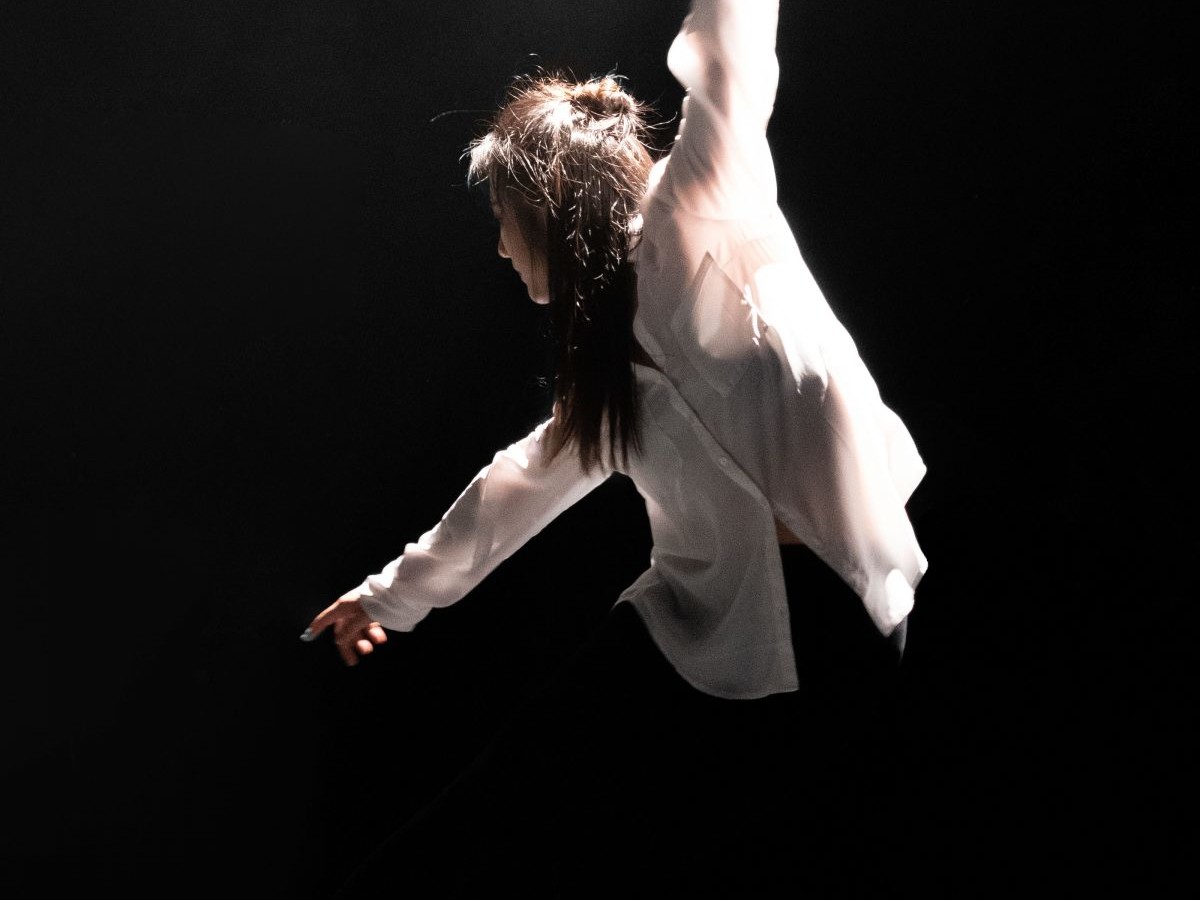Change is hard. Making a big change is even harder. Understanding and practicing some core techniques can help you through most any change.
First, let’s get this basic truth out on the table. Change is unavoidable.
Everything changes. You can notice this in the everyday – the pace of your breath, the cooling of a warm drink, the cast of light moving across the floor.
We expect change. The snow melts (yes, even in cold northern February we can know this). Buds begin to swell in the trees, grass sprouts and grows. Leaves fall. The days shorten. And so on.

Some change we know to be true but we ignore or deny – think aging bodies, illness, death.
Some changes we choose to make – changing jobs, buying a house, getting married.
We simply can’t avoid change. But even though it is natural, expected and sometimes of our own making, change can be very stressful.
So how can you allow for a calmer, easier response to change?
Here are some practices you can follow to make your reaction to any change a little easier:
Recognize impermanence:
We already understand that everything changes. It helps to have a practice that formally observes and acknowledges impermanence. Why? Because it opens you up to the fundamental truth of the constancy of change and it gives you the ability to hold change as an observer, rather than as an unwilling participant.
Try this: Pour a glass of water into a tall, clear glass. Set it down at eye level. And now watch. What do you see? Small bubbles cling to the side of the glass. One releases and makes its way to the surface. Another follows. And another. It’s not static at all.
You can take this level of observation to almost anything and begin to observe the smallest changes. One of the most accessible objects of attention is your own breath. Simply bring your attention to your breath and see how something that is generally an unconscious process is illuminated by your attention. The pace of the breath changes, the depth, there is a clear difference between an in breath and an out breath.
It’s all changing all the time.
Understanding the truth of impermanence helps us understand that it is essentially futile to try to keep change from taking place.

Center yourself:
Rather than getting shaken up by the fact that you really can’t keep anything the same even if you wanted to, you can get centered within the change.
Think of a gymnast on a balance beam. She may look still and poised but her balance is being kept through the slightest shifts in her body, micro movements are keeping her centered.
It’s simpler for us. We don’t have to don tight leotards and climb up onto a high beam (thank goodness!)
Instead, we can experience our center through the following simple practice:
Stand with your feet shoulder distance apart, arms hanging loosely at your side. Your head is upright. Your gaze is straight ahead. Now sense your feet on the floor. Maybe rock a little back and forth and find your balance just in front of the heel. And bring your attention slowly from your feet through your lower legs, knees, thighs and up to the center of your belly. Feel this center. You can even bend your knees a little and sink down to really feel your centeredness.
Now take your attention up from this center through your heart, your throat and all the way to the crown of your head.
Feel your length as it rises all the way from your feet to the crown of your head.
Then return to the center and feel the center again, notice how you can extend your sense of the entire length of your body all the while keeping your center in focus.
While this practice may seem simple, it is a great way to physically experience your own power and centeredness. You can practice this at any time, especially whenever you are feeling off kilter.

Know what you can control:
The serenity prayer is named that for a reason. There’s peace in understanding what you can and can’t control.
Wishing that you were in more control of a situation only brings pain.
Next time you are in the middle of a situation that is changing beyond what you expected or wanted, notice just how much more painful it feels to hold thoughts like: “why is this happening?” – there’s a visceral sense in the body. Maybe your throat closes a little, your fists clench, your jaw tightens. Whatever it is, is NOT helpful or calming. Instead, can you find something which you DO have control or agency over? For example, let’s say that you are given a large project to do on a very tight deadline and one of your team members falls ill and can’t help for the moment. You could rail against fate and the situation. OR you could consider what exactly, in the realm of the current situation you can do to ease the burden. Once you have identified a couple of possible actions that you can take, notice the sense this brings to you. There is a renewed sense of strength. While you can’t control the entire situation, you do have choices you can take within it.
Taking this attitude with any difficult situation builds an important muscle. You are learning that there are possibilities; ways that you can manage through difficult and unexpected changes.

Not knowing mind:
Try changing your perspective. Instead of worrying about all the things you can’t control, see if you can’t rest a little in the unknown. Shunryu Suzuki, the famous Zen teacher who wrote Zen Mind, Beginner’s Mind knew the downfall of thinking we know what is ahead (or even right in front of us). “If your mind is empty, it is always ready for anything, it is open to everything. In the beginner’s mind there are many possibilities, but in the expert’s mind there are few,” he famously said. How does this relate to change? If you are sure you know the road ahead, you can also be sure that, at some point, there’ll be an unexpected turn or twist. Instead of taking objection to that, why not welcome it? Why not admit that control is an illusion and that there’s beauty in the unknown?
Change is inevitable, your reaction doesn’t have to be. In fact, you can change your own response so that when life throws the inevitable curveball your way you are ready – centered, aware and appreciative of your unpredictable life.


